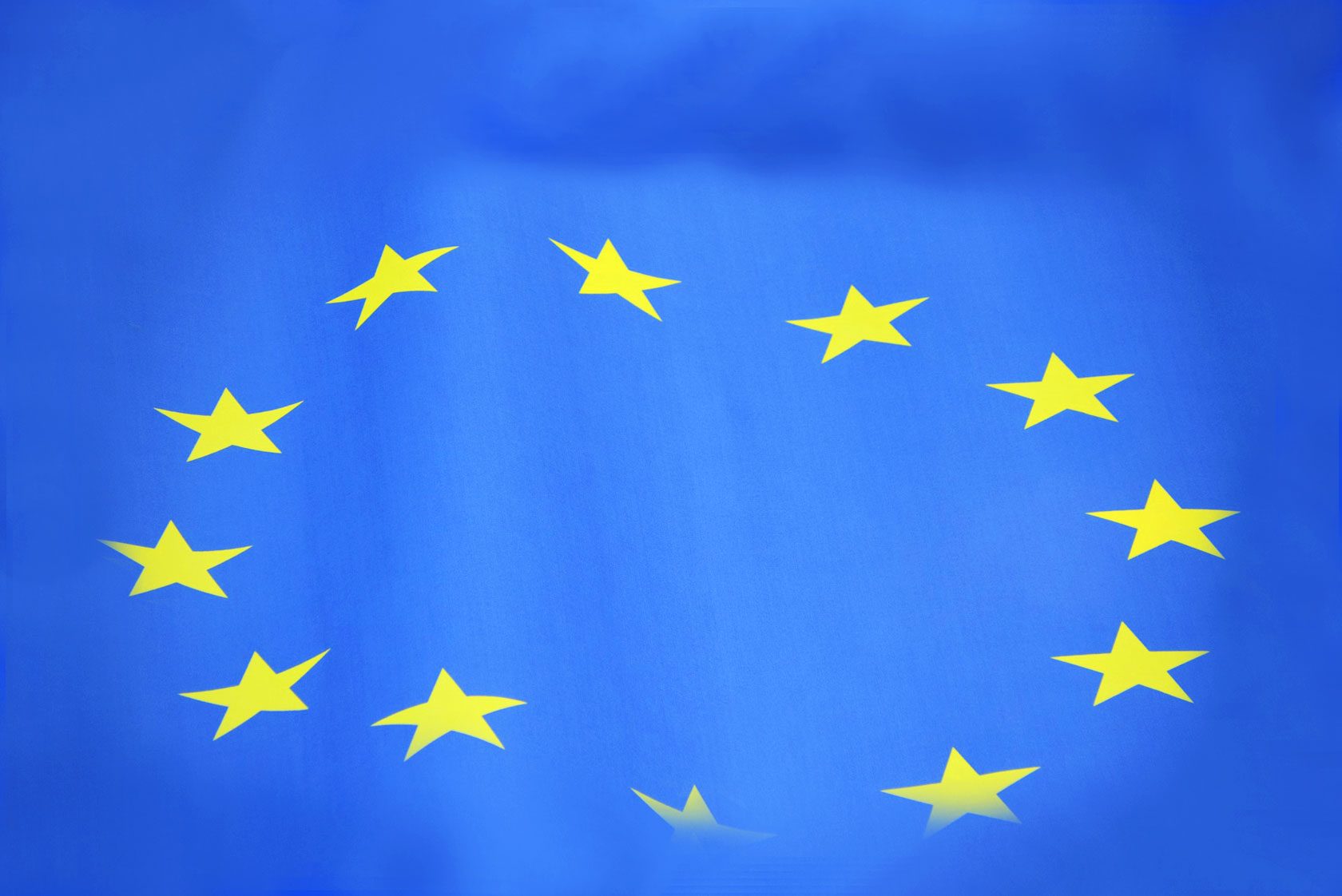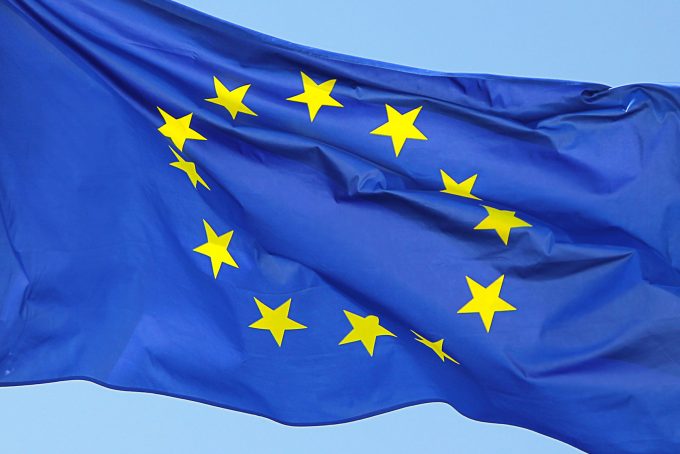
The G7 Open Science Working Group Action Points – Speeding up Open Science?
On November 9 during the first meeting of the G7 Open Science Working Group in Tokyo the group formulated three action points that need global cooperation.
In May 2016 the G7 Science and Technology Ministers decided to establish a G7 Open Science Working Group to meet the need to share common international principles for Open Science and to put these principles into practice through open access to scholarly publications and open data. In November 2016, the Working Group met in Tokyo and identified three action points that are seen fundamental to realize the transition to Open Science. These action points are a common vision, the adaptation of the incentive and reward systems and the development of a federated international research data infrastructure.

Because of the opportunities offered by Web 2.0 technologies, the availability of vast amounts of data, and because of the need to solve complex societal problems and grand challenges which require an interdisciplinary approach, science is changing. This new system is labelled Open Science, as transparency, interoperability, and cooperation are important features. Open Science has the potential to increase the quality, impact and benefits of science and to accelerate advancement of knowledge by making it more reliable, more efficient and accurate, better understandable by society and responsive to societal challenges, and has the potential to enable growth and innovation through reuse of scientific results by all stakeholders at all levels of society.
But to catalyse this transition cooperation on a global scale is needed. In 1999 UNESCO published “The Declaration on Science and the Use of Scientific Knowledge” which asserts the need to share data and scientific knowledge and to promote and facilitate cooperation. The OECD reported frequently on open science, e.g. Enquiries into Intellectual Property’s Economic Impact in 2015 on sharing data in public-private partnerships.
In 2013 the G8 discussed how nations could lead efforts to improve the transparency, coherence and coordination of the global scientific research enterprise, in order to address global challenges and maximise the social and economic benefits of research. The Science Ministers of the G8 approved a statement which proposes for consideration new areas for collaboration and agreement on global challenges, global research infrastructure, open scientific research data, and increasing access to the peer-reviewed, published results of scientific research.
The European Commission has set a European Open Science Agenda to catalyse the transition to Open Science. Its goals were elaborated in the Amsterdam Call for Action on Open Science (2016), resulting in two important pan-European goals for 2020: Full open access for all scientific publications and a fundamentally new approach towards optimal reuse of research data. In addition, there is flanking policy for new assessment, reward and evaluation systems and harmonisation of policies and exchange of best practices.
However, these initiatives are not aligned yet at the global level and a common global vision is missing. This leaves too much room for misunderstanding and misinterpreting which hinders Open Science to unfold its full potential. An interesting observation for example is that there are very different key drivers for Open Science in the G7. While in Europe the European Commission plays a major role and the focus lies on the transition of the science system, the key drivers in the USA and Canada initially came from the Open Government community that focusses on transparency of political decisions. Formulating a common vision must take into account these different key drivers.

While most researchers appreciate the benefits of Open Science, on an individual basis they are often reluctant to engage in Open Science, particularly when it comes to sharing research data, because of the lack of incentives and rewards in the current system. Researchers and experts need to be motivated to engage in Open Science activities. This refers on the one hand to publish open access, that is, results of (publicly financed) research are immediately available – without legal and financial barriers. And on the other hand this refers to sharing research data. The latter requires acknowledgment of the work, time and effort that researchers have invested to curate the data, and to provide adequate descriptions and other meta data in order to make the data suitable for reuse.
This change in the research eco-system requires an uptake by research funders, employers, and other relevant stakeholders, as well as to have the commitment of the researchers. A renewed framework should provide incentives and rewards in terms of direct career benefits and individual reputations.
The G7 Open Science Working Group will stress the need for appropriate global incentive and reward systems in a way that evaluation of research careers fully acknowledges Open Science activities.

There are a number of initiatives in Europe and elsewhere to promote data sharing and to build data infrastructures targeting to create real Open Science platforms like the European Open Science Cloud (EOSC). But to drive change on a global scale, globally interoperable and federated data infrastructures are needed.
The G7 Open Science Working Group envisions a research data infrastructure that enables all researchers to deposit, access and analyse scientific data across disciplines and at the global scale.
Therefore, the global community needs to have common understanding and interoperability of research data infrastructure as well as certification of production, curation, management and publication of data. A future best practice for the world-wide Open Science platform and digitally-enabled innovation envisioned can be foreseen only with the best coupling between technical and organizational development in terms of infrastructure, network, interoperability and human dimension.
As there is a huge amount of research data available and it is extremely difficult to integrate all types simultaneously, the G7 Open Science Working Group recommends to kick-start working with research data that are referred to in scientific publications.
Speeding up Open Science?
The G7 Open Science Working Group formulates the right key areas that need to be addressed on a global scale. Without a common understanding the transition to Open Science will be extremely difficult. And without changing the incentive and reward systems at a global scale Open Science will not be the working standard in science. However, especially the stakes are high for changing the researchers’ behaviour in relation to Open Data as the publication of research data is a quite new ground for many researchers in various fields. Thus it needs fundamental changes in the reward system to foster Open Science and there has to be a research data infrastructure available that enables researchers to deposit, access and analyse scientific data across disciplines and at the global scale.
At the same time the next steps have to be taken very carefully as Open Science so far is highly driven bottom-up. Too heavy top-down interruptions might lead to unintended effects that slow done the transition to Open Science. Thus we welcome the G7 Open Science Working Group’s approach to formulate a paper on the three action points until the next G7 Science and Technology Ministers’ Meeting in Rome in autumn 2017.
At this point of time it is difficult to say if the G7 Open Science Working Group really sets a new pace for Open Science. Nevertheless, the Working Group is a great window of opportunity to keep Open Science on the global agenda that it requires to unleash its full potential.
→ Autoren: Prof. Klaus Tochtermann, Dr. Willi Scholz (ZBW – Leibniz-Informationszentrum Wirtschaft)
View Comments

Keeping up the Momentum: Open Science on European Level
The Competitiveness Council of the European Union supported the European Commission’s...



